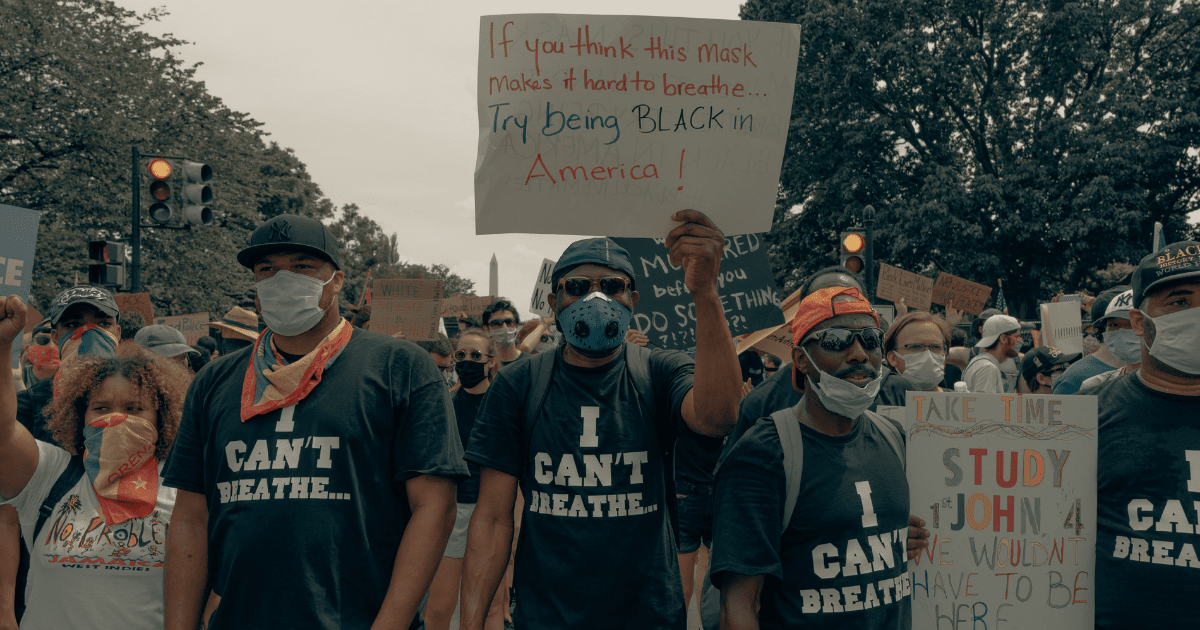Unpacking Systemic Racism Part 2: How Can You Make a Difference?
 Written by: Nicole Lagace
Written by: Nicole Lagace
Photo by: Clay Banks on Unsplash
Recognizing our own implicit biases can be difficult and prevent us from seeing the plight of those more marginalized, but it is important to do so in order to confront them and make a change. Here are some recommended ways you can learn more about systemic racism, recognize your biases, and change your mindset for the good of society.
Read a book - There are tons of books that explore the various aspects of systemic racism mentioned above. Some of my favorites are The New Jim Crow by Michelle Alexander, How To Be an Antiracist by Ibram X. Kendi, and White Fragility: Why It’s So Hard for White People to Talk About Racism by Robin DiAngelo. For more books on racism, check out this reading list!
Watch a movie or TV show - Not a reader? No worries! There are tons of movies and TV shows available that delve into the same topics. Whether you’re taking a quick study break, or binge-watching movies all weekend, there are tons of shows available for you to watch! And by watching a show that you’re also learning from, you can feel a little bit better about your TV binge. There are tons of options available on Netflix, and you can check some of them out here!
Listen to a podcast - Podcasts are another great resource for expanding your knowledge about racism. There are tons on Spotify, Apple Music, YouTube, and more! Here are a few recommendations to get you started.
Have conversations - There is so much to learn from those who experience this firsthand, so if you have opportunities to learn about this from someone you know, take them! Once you’ve brushed up on your systemic racism knowledge, it’s also important to have those tough conversations with friends and family members who may not quite get it yet. All the aspects mentioned above are key ways that people of colour experience oppression without explicit discrimination from others. This could be a tricky concept to understand, so having multiple conversations may be necessary.
Reflect on your own behaviors - Everyone has implicit biases; it comes from how we are raised. It is our responsibility, then, to become less racist than the society we grew up in. When going through life day to day, check up on your own actions and see if the little habits you grew up with actually convey negative attitudes towards certain racial groups, or if they make life harder for them. It’s never too late to change, and reflecting on yourself to recognize these behaviors is the first step to doing so.
For tips on reflecting, check out this link.
Published on

